Subtotal $0.00
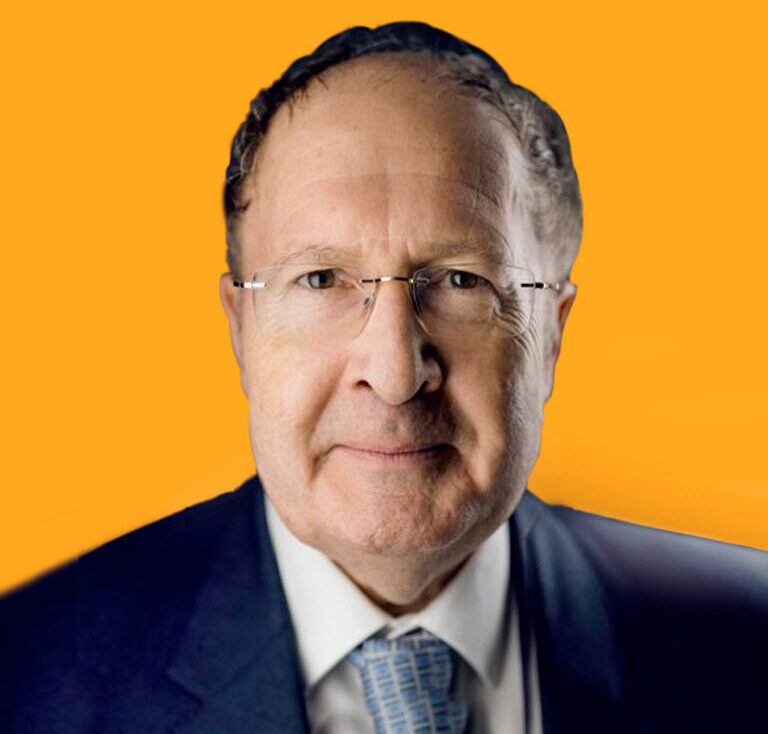
“for the phage display of peptides and antibodies”
MRC Laboratory of Molecular Biology, Cambridge, United Kingdom
Prof. Dr. Sir Gregory Paul Winter is a British biochemist renowned for his pioneering work in antibody engineering, which has significantly advanced therapeutic treatments for various diseases. In the 1980s, he developed humanized antibodies by combining genetic change and selection principles, overcoming limitations of earlier mouse-derived antibodies. He further refined phage display technology, enabling the directed evolution of fully human antibodies. This innovation led to the development of adalimumab (Humira), approved in 2002 for treating rheumatoid arthritis, among other conditions. In recognition of his contributions, Sir Greg Winter was awarded the Nobel Prize in Chemistry in 2018.
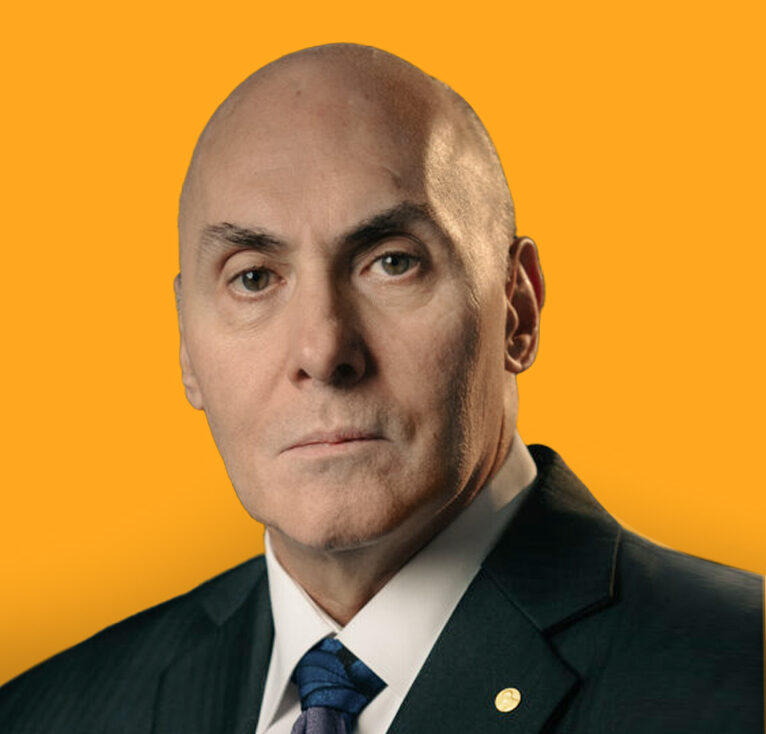
“for their discoveries concerning nucleoside base modifications that enabled the development of effective mRNA vaccines against COVID-19”
Penn Institute for RNA Innovations, University of Pennsylvania, Philadelphia, PA, USA
Prof. Dr. Drew Weissman is a pioneering immunologist best known for his groundbreaking work in mRNA vaccine technology. In 2005, he and Katalin Karikó discovered that specific modifications to RNA building blocks could prevent inflammatory reactions and enhance protein production, laying the foundation for the development of mRNA vaccines. This discovery was crucial in creating the effective COVID-19 vaccines that played a pivotal role in the global pandemic. Currently a professor at the Perelman School of Medicine at the University of Pennsylvania, Prof. Weissman continues to advance mRNA technology, focusing on vaccines for infectious diseases and cancer immunotherapies. His contributions have made a lasting impact on the field of genetic medicine and vaccine development.
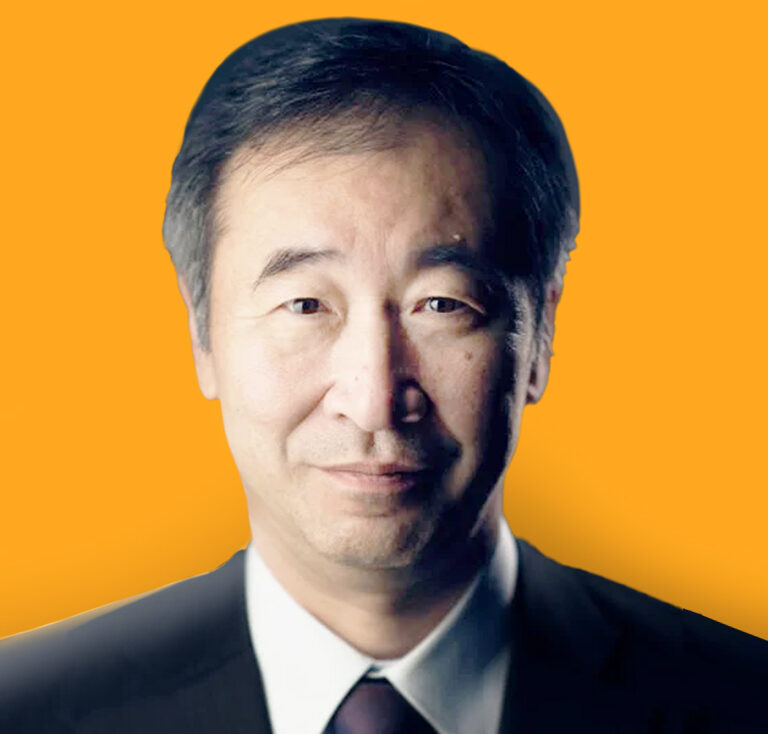
“for the discovery of neutrino oscillations, which shows that neutrinos have mass”
University of Tokyo, Kashiwa, Japan
Prof. Dr. Takaaki Kajita is a Japanese physicist recognized for his groundbreaking work on neutrinos, which led to a major shift in our understanding of particle physics. In 1998, while working at the Super-Kamiokande detector, he and his team observed neutrinos produced by cosmic ray interactions with the Earth’s atmosphere. Their measurements revealed that neutrinos oscillate between different types, implying that they must have mass, contradicting the Standard Model, which assumed neutrinos were massless. This discovery was pivotal in prompting revisions to the Standard Model and earned Kajita the Nobel Prize in Physics in 2015. He continues to contribute significantly to the field of particle physics.
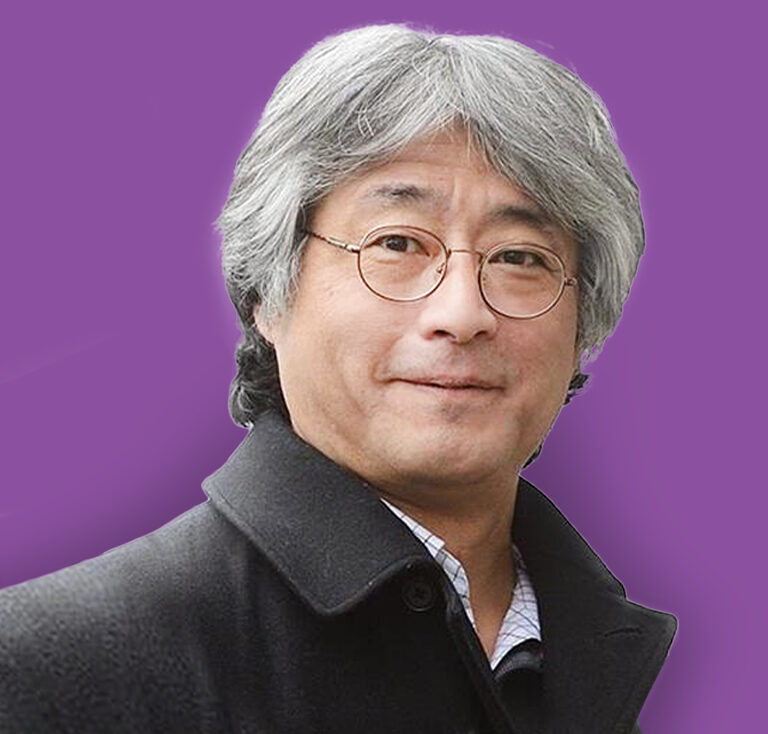
University of California, Berkeley, CA, USA
Prof. Dr. Hitoshi Murayama is a theoretical physicist exploring fundamental questions in particle physics, particularly the limitations of the Standard Model. His research addresses the nature of elementary particles, the role of the Higgs boson, the Universe’s longevity and matter-antimatter asymmetry, and its accelerating expansion. He investigates the cosmological constant’s small but finite value, proposing a connection to the electroweak scale to explain the “Why Now?” coincidence. His work on neutrino oscillations has uncovered overlooked parameter spaces and potential links to matter dominance. Additionally, he examines alternative explanations for dark energy and the stability of the electroweak scale, emphasizing supersymmetry as a potential solution. His contributions, including insights into anomaly-driven supersymmetry breaking, offer new directions in model building and fundamental physics.
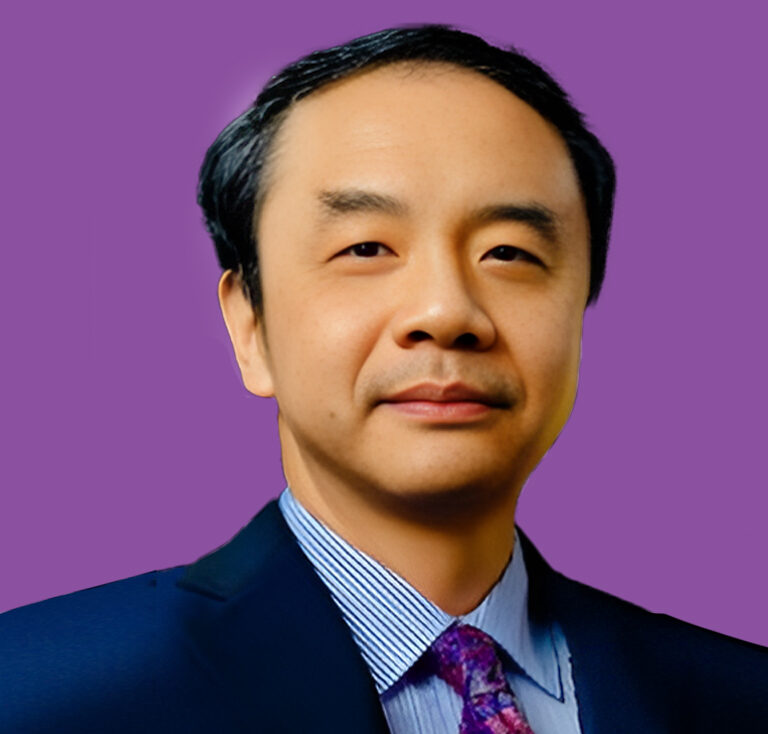
Institute of High Energy Physics, Chinese Academy of Sciences, Beijing, China
Prof. Dr. Wang Yifang is a leading experimental physicist in particle physics, known for his contributions to neutrino research and detector development. He played a key role in designing and constructing the BESIII detector at the Beijing Electron Positron Collider and led the Daya Bay Reactor Neutrino Experiment, which made a precise measurement of the neutrino mixing angle theta13. He currently leads the JUNO experiment to determine the neutrino mass hierarchy and has proposed the Circular Electron Positron Collider (CEPC) as a future step in particle physics. With experience in major experiments such as L3, AMS, Palo Verde, and KamLAND, he has authored over 300 scientific papers, contributed to detector design and data analysis methods, and holds two patents. His achievements have earned him numerous prestigious awards, including the Breakthrough Prize in Fundamental Physics and the W.K.H. Panofsky Prize, along with honorary doctorates and international recognition.
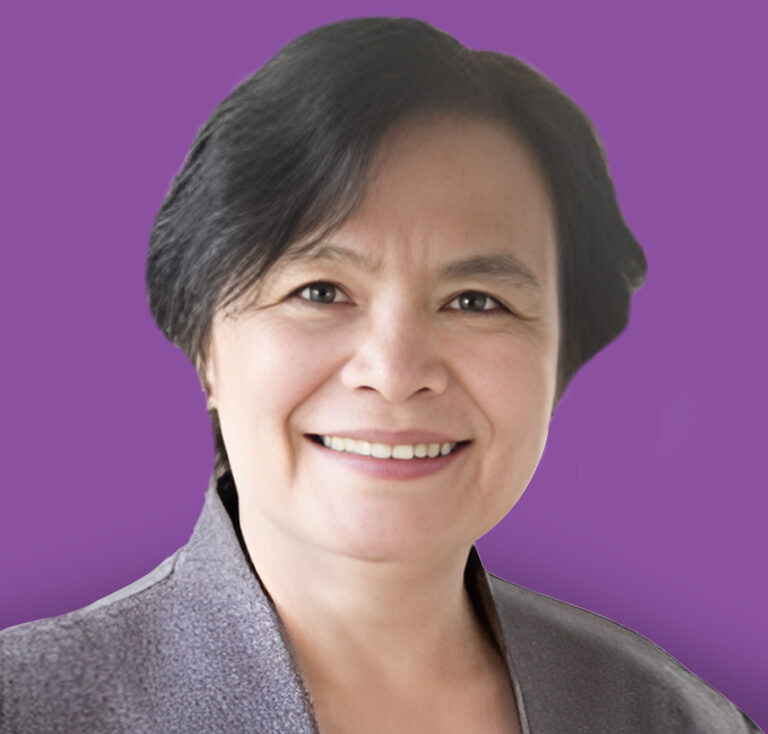
University of the Philippines, Quezon City, Metro Manila, Philippines
Prof. Dr. Lourdes J. Cruz is a distinguished Filipino biochemist renowned for her pioneering research on conotoxins, bioactive peptides derived from the venom of Conus marine snails. Her extensive work has significantly advanced the understanding of these peptides, leading to their application as biochemical probes for studying neuronal activities. Notably, her research facilitated the development of ω-conotoxin, utilized for investigating calcium channels in neurons, and μ-conotoxin, employed to inhibit muscular movement during synaptic studies. Beyond her scientific contributions, Prof. Cruz has been instrumental in initiatives connecting science and technology to impoverished and indigenous rural communities in the Philippines. Her remarkable achievements have earned her numerous accolades, including being named a National Scientist of the Philippines in 2006 and receiving the L’Oréal-UNESCO Award for Women in Science in 2010.
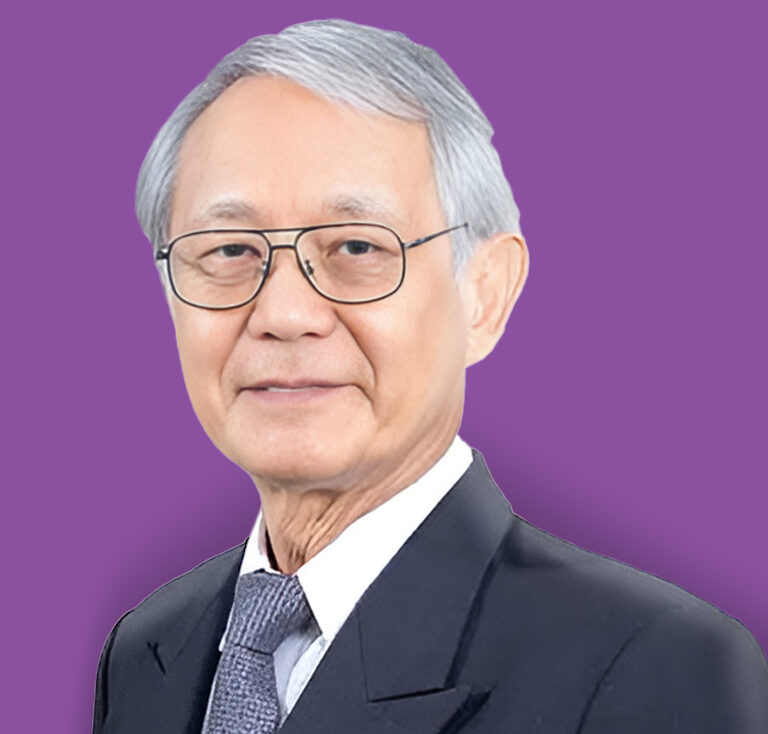
Mahidol University, Bangkok, Thailand
Prof. Dr. Yongyuth Yuthavong is a distinguished Thai scientist known for his contributions to biochemistry, public policy, and science administration. After earning his doctorate in organic chemistry from the University of Oxford, he pursued a successful academic career at Mahidol University, where he became a Professor of Biochemistry. He later played a pivotal role in Thailand’s scientific development as the Director of BIOTEC and the first President of NSTDA, leading efforts in biotechnology and anti-malarial drug research. His groundbreaking work on malaria treatment earned him the Nikkei Asia Prize for Science, Technology and Innovation and multiple national honors. Beyond research, he has influenced Thailand’s science policy, serving as Minister of Science and Technology and later as Deputy Prime Minister, focusing on social welfare.

University of Hong Kong
Prof. Dr. Jay S. Siegel is a distinguished chemist known for his contributions to molecular design, stereochemistry, and materials science. His research explores molecular symmetry, aromaticity, and supramolecular chemistry, leading to advances in functional materials and pharmaceuticals. He has made significant contributions to the study of chiral molecules and their applications in drug development. Currently based at Tianjin University, he continues to lead innovative research in organic synthesis and nanomaterials, shaping the future of chemical science through interdisciplinary collaborations. Since 2022, Prof. Siegel holds the title of Professor Emeritus at Tianjin University and serves as a Senior Fellow at the Collegium Helveticum in Zurich, Switzerland, where he remains engaged in global higher education policy discussions.
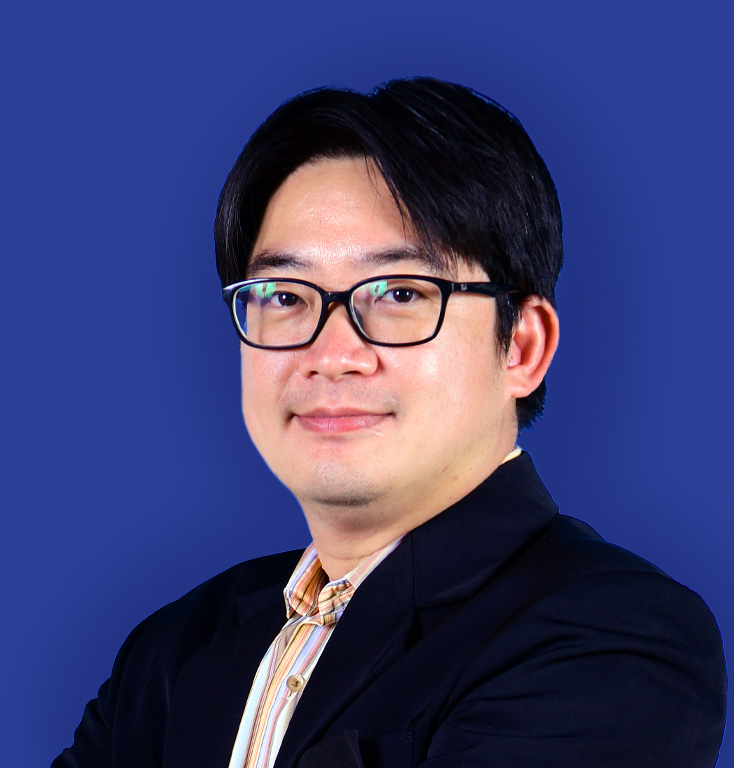
Suranaree University of Technology, Nakhon Ratchasima, Thailand
Assoc. Prof. Dr. Worawat Meevasana is a physicist specializing in quantum materials and their applications in emerging energy technologies. He received his Ph.D. in Physics from Stanford University and is currently a professor at the School of Physics, Suranaree University of Technology (SUT), Thailand. His research focuses on quantum states of matter, particularly strongly correlated systems, with an emphasis on both fundamental understanding and practical energy applications. With over 100 peer-reviewed publications and more than 7,000 citations, he has made notable contributions to the field of condensed matter physics. He previously served as dean of the Institute of Science at SUT and now leads the Quantum Technology Research Initiative Consortium (Thailand), a national platform comprising over 120 researchers from 17 universities and research institutes, aimed at advancing the country’s capabilities in quantum technology. His achievements have been recognized through several national and international awards, including the Thailand Young Scientist Award (2012), the TWAS Prize for Young Scientists in Thailand (2013), the TRF-OHEC-Scopus Researcher Award (2015), the NRCT Outstanding National Researcher Award (2020), and the MRS-Thailand Outstanding Materials Scientist Award (2025).
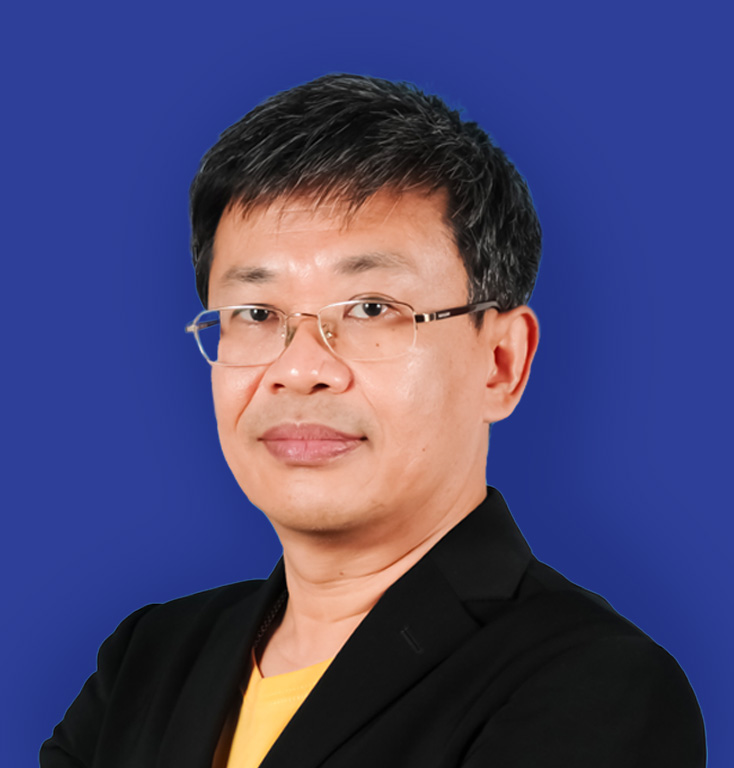
Suranaree University of Technology, Nakhon Ratchasima, Thailand
Asst. Prof. Dr. Chinorat Kobdaj is a physicist at the School of Physics, Suranaree University of Technology, with research spanning high-energy physics, detector development, and medical applications. He earned his PhD from the University of London in 1995 and has since played a pivotal role in shaping the physics program at SUT. His leadership has included serving as Chair of the School of Physics and Deputy Director of the Center for Computer Services, where he oversaw the development of the university’s High-Performance Computing Cluster. A former visiting scientist at CERN, he helped establish SUT’s experimental particle physics group, leading to Thailand’s participation in international collaborations such as ALICE at CERN and PANDA at GSI/FAIR. His work extends into simulation and detector R&D, including partnerships with TMEC and SLRI, and has more recently expanded into medical physics. He currently leads the Boron Neutron Capture Therapy (BNCT) Project at SUT and contributes to the Bergen pCT and PandaX collaborations, reflecting his continued commitment to interdisciplinary innovation and international scientific engagement.
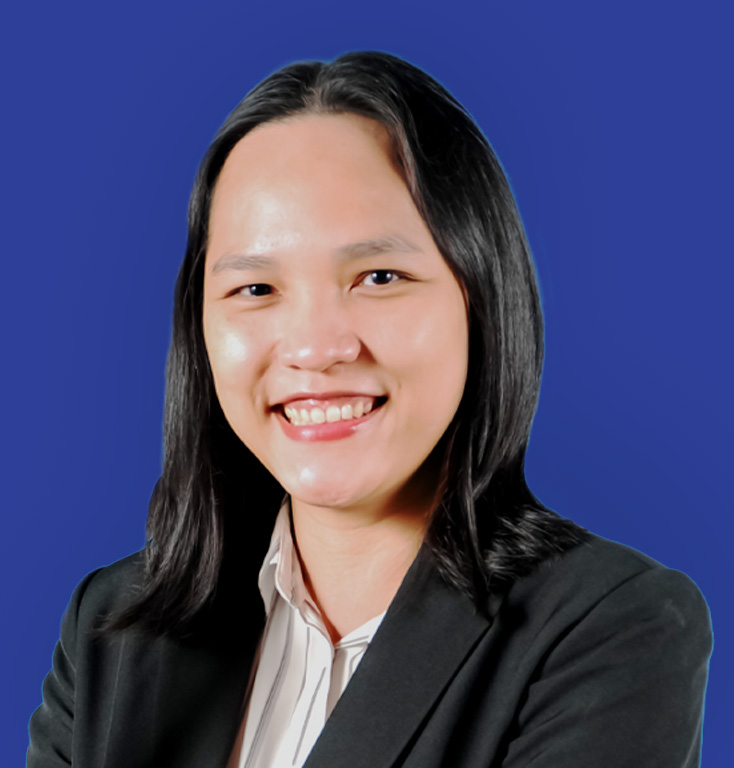
Suranaree University of Technology, Nakhon Ratchasima, Thailand
Assoc. Prof. Dr. Theeranun Siritanon is a solid-state chemist whose research focuses on the design, synthesis, and characterization of advanced materials for energy and environmental applications, with particular emphasis on supercapacitors and photocatalysis. At the School of Chemistry, Suranaree University of Technology, she leads a research group that investigates the fundamental relationships among crystal structure, composition, and morphology to develop high-performance materials with tailored properties. Her team has contributed to the understanding of structure–property correlations in oxide-based and composite systems, enabling improvements in charge storage efficiency and photocatalytic activity. She earned her PhD in Inorganic Chemistry from Oregon State University and has been recognized with awards such as the Outstanding Faculty Award (2017), the DPST Young Researcher Award (2020), and the L’Oréal For Women in Science Thailand Award (2023).
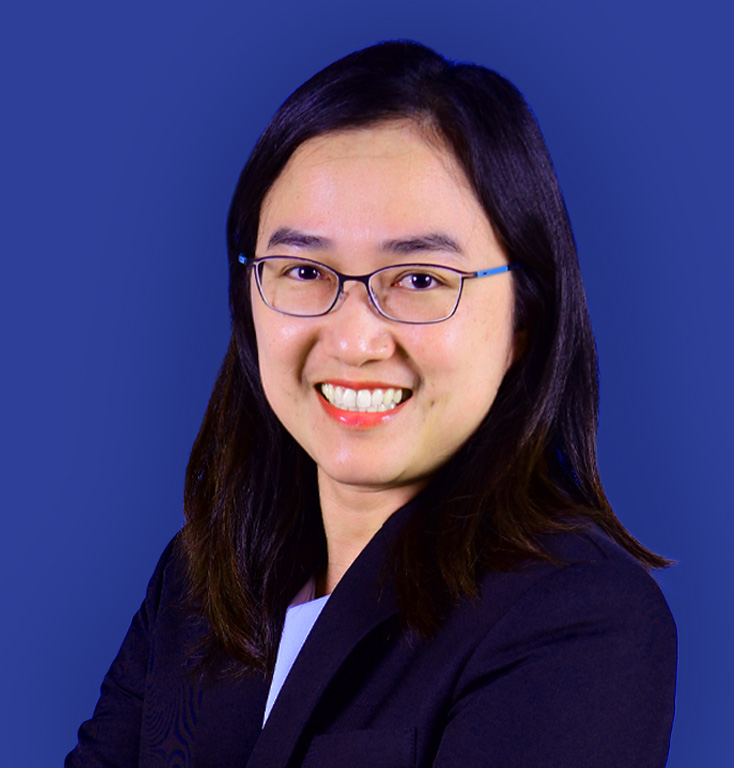
Suranaree University of Technology, Nakhon Ratchasima, Thailand
Assoc. Prof. Dr. Anyanee Kamkaew is an organic chemist at the School of Chemistry, Suranaree University of Technology, where she leads research on the development of photosensitizing organic compounds for medical applications. After earning her PhD in Chemistry from Texas A&M University, she has focused her work on designing light-activated molecules that can selectively image or eliminate cancer cells by inducing oxidative stress, offering a non-invasive alternative to traditional treatments. Her research addresses the rising healthcare challenges posed by an aging global population and contributes to the advancement of photodynamic therapy. She actively collaborates with researchers in Thailand, the United States, China, Taiwan, and Malaysia to expand the impact of her work. In recognition of her contributions, she received the CST Distinguished Young Chemist Award in Organic Chemistry (2024) and the L’Oréal Thailand For Women in Science Fellowship in Biological Sciences (2024). Alongside her research, Dr. Anyanee is committed to fostering student development and continually refines her teaching through engagement with current scientific and educational advancements.
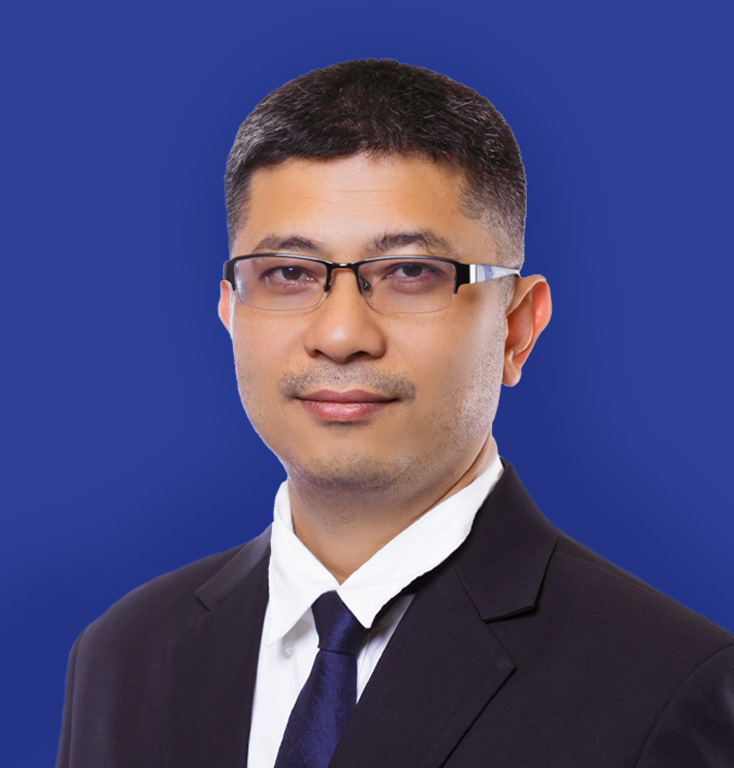
Suranaree University of Technology, Nakhon Ratchasima, Thailand
Assoc. Prof. Dr. Santi Watthana is an expert in plant taxonomy and conservation, with a particular focus on the taxonomy of Thai orchids, ethnobotany, and plant reproductive biology. His research aims to provide fundamental scientific knowledge to support both in situ and ex situ conservation efforts, actively engaging local communities in sustainable biodiversity management. He earned his Ph.D. in Biology from the University of Copenhagen, Denmark, where he studied the systematics and ecology of the orchid genus Pomatocalpa Breda. Over a career spanning more than 30 years, he has conducted extensive fieldwork throughout Thailand and neighboring regions, making significant contributions to the discovery, documentation, and conservation of plant diversity, particularly orchids. His work in taxonomic revision has helped clarify the classification and identification of numerous Thai plant species, a crucial step in effective conservation planning. Through his ethnobotanical studies, Dr. Watthana explores the relationships between people and plants, aiming to integrate traditional ecological knowledge with modern conservation strategies. His research on plant reproductive biology sheds light on the complex mechanisms of pollination and breeding systems in orchids and other plant groups, which is essential for developing effective species recovery and habitat management plans. With a strong commitment to conservation through community participation, he promotes models that respect and incorporate local cultural practices. His contributions have established him as a leading figure in botanical taxonomy, plant reproductive ecology, and biodiversity conservation in Southeast Asia.
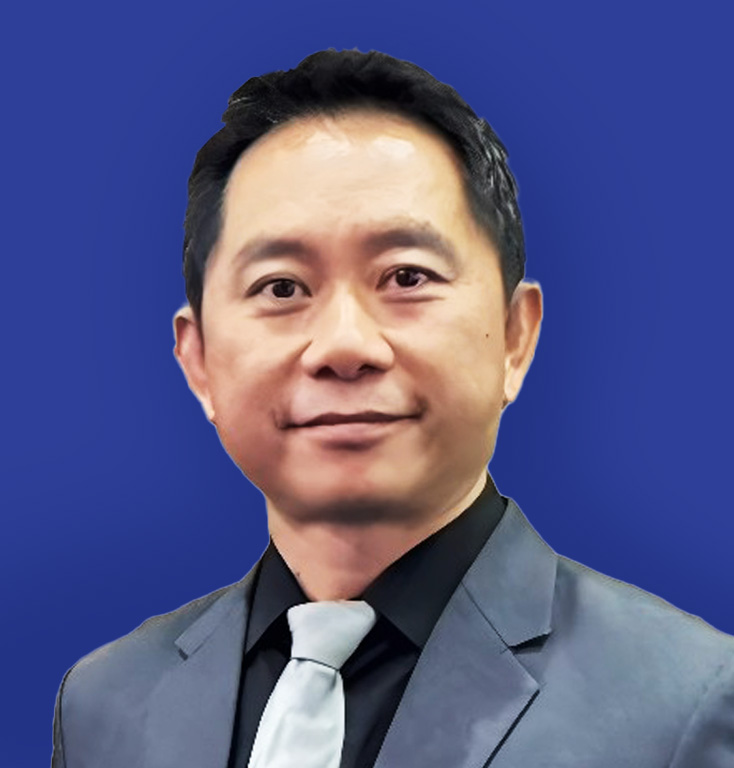
Suranaree University of Technology, Nakhon Ratchasima, Thailand
Assoc. Prof. Dr. Panomsak Meemon is a researcher at the School of Physics, Suranaree University of Technology, where he leads pioneering work in Optical Coherence Tomography (OCT) technology tailored to the context of Thailand. His research spans biological, retinal, and skin imaging, focusing on practical solutions that address national health and environmental challenges.In biological imaging, he has developed portable OCT prototypes for field deployment to assess the effects of toxic substances and herbicides such as 2,4-D Dimethylammonium and Glyphosate on aquatic life, examining both molecular alterations and physical changes. His work in retinal imaging has produced a 3D scanner prototype designed for early detection of retinal abnormalities, reducing dependence on imported technology, and expanding access in small and medium healthcare settings. This innovation is currently moving toward commercialization through a Deep-tech startup. In the area of skin imaging, he has created 3D microscopes to evaluate skincare treatment efficacy and support early-stage skin cancer screening, as well as the development and safety assessment of skincare products. Dr. Panomsak’s
research highlights the potential of OCT technology to improve quality of life through its broad applications in medical diagnostics, environmental monitoring, and biological sciences.
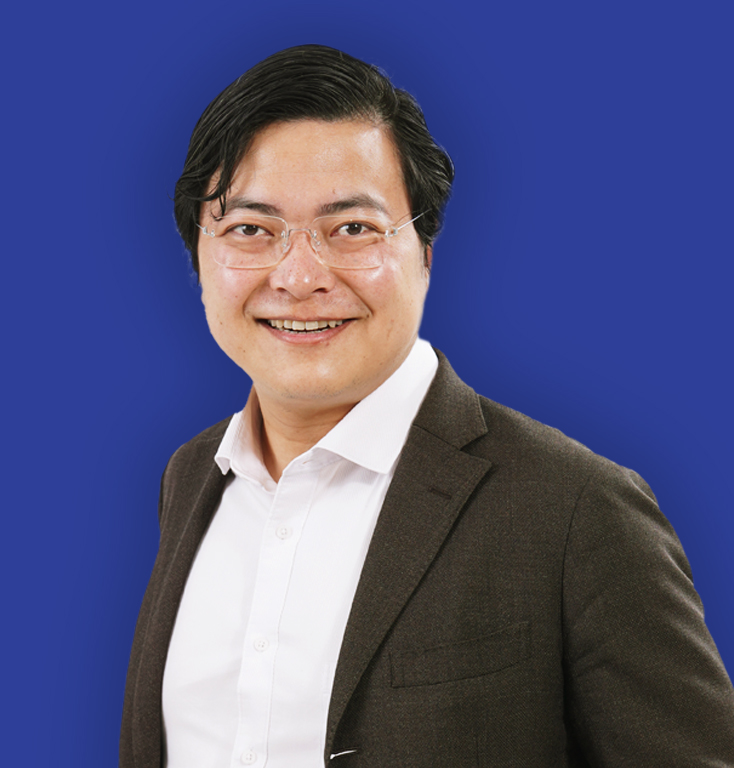
Chulalongkorn University, Bangkok, Thailand
National Astronomical Research Institute of Thailand, Chiang Mai, Thailand
Asst. Prof. Dr. Wiphu Rujopakarn is the Deputy Director of the National Astronomical Research Institute of Thailand (NARIT) and a lecturer at Chulalongkorn University. He holds a PhD in Astronomy from the University of Arizona and a BS in Honors Physics and Astrophysics from the University of Michigan, Ann Arbor. Since returning to Thailand, he has played a leading role in advancing space research through major international collaborations and high-impact scientific contributions. As principal investigator, he has secured numerous research grants and fellowships, including the UK–Thailand STFC–NARIT Newton Fund, in collaboration with UK PI P. Chadwick. He also provides strategic leadership within global scientific communities, serving as a Board Representative in the establishment of the Cherenkov Telescope Array Observatory under the European Research Infrastructure Consortium (ERIC), and participating in Telescope Allocation Committees (TAC) for major observatories. With 75 peer-reviewed publications and over 2,700 citations, Dr. Wiphu holds a Hirsch h-index of 32. His research spans galaxy evolution, supernovae, gamma-ray bursts, and exoplanet discovery, making significant contributions to the field of astrophysics and strengthening Thailand’s presence in the global space science community.
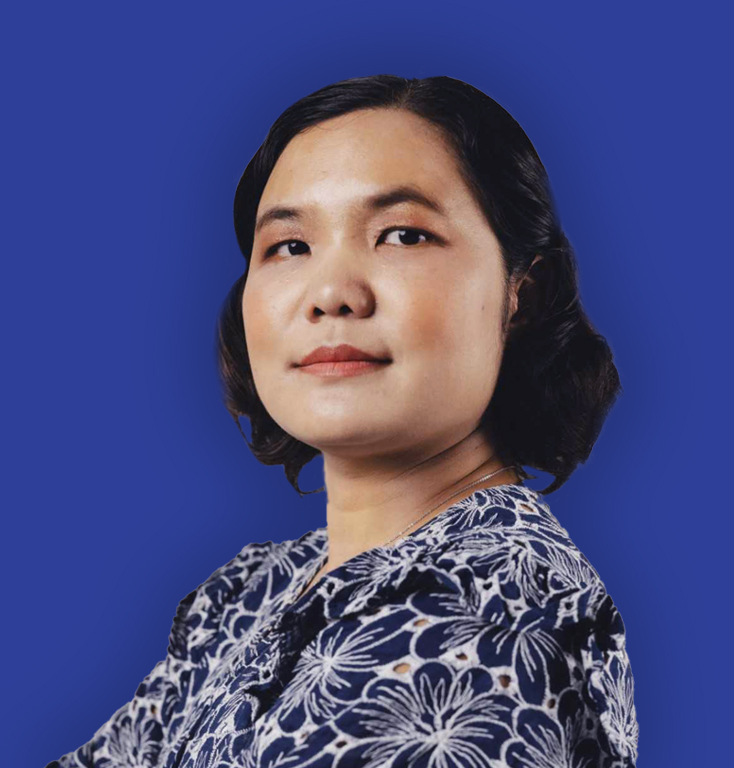
Chulalongkorn University, Bangkok, Thailand
Assoc. Prof. Dr. Pantana Tor-ngern is a forest ecophysiologist investigating tree water transport across diverse ecosystems in Thailand and high-latitude regions. Her research encompasses tropical, temperate, and boreal forests, as well as urban trees in Bangkok. Previously, she established continuous monitoring systems in pine forests using custom-designed sap flow sensors that measure water movement through trees. By integrating her findings with global datasets, she determined that pine forests globally utilize approximately 66% of annual rainfall. At Khao Yai National Park, her current research focuses on forests of varying ages, employing continuous monitoring to compile comprehensive datasets for analyzing and forecasting water use and runoff patterns—critical information for forest management in a changing climate. This groundbreaking work earned her recognition as the first Thai recipient of the L’Oréal-UNESCO Women in Science International Rising Talents award in 2022, an honor bestowed upon the 15 most promising young female scientists worldwide. Through strategic international partnerships, Dr. Pantana has developed an extensive database documenting tropical forest responses to environmental changes. This valuable resource enhances global forest science and offers practical guidance for forest and water management, particularly in Southeast Asia where such research remains scarce.
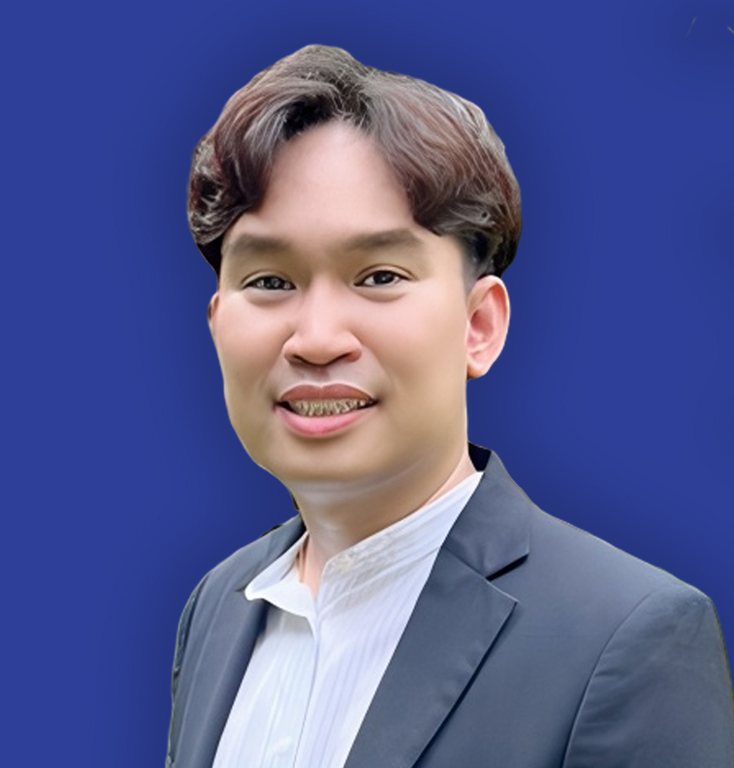
Mahidol University, Bangkok, Thailand
Assoc. Prof. Dr. Thanthapatra (Valentine) Bunchuay is an organic chemist at Mahidol University, where he leads the SupraValentine Research Lab. A recipient of the prestigious Royal Thai Scholarship (2004–2018), he earned his BSc with first class honors and MSc in Chemistry from Mahidol University, followed by a DPhil in Chemistry completed in 2018. His research specializes in synthetic supramolecular chemistry, with a particular focus on the design and synthesis of novel macrocyclic molecules. Through a range of advanced spectroscopic techniques, his team investigates host–guest interactions and applies these macrocycles as functional materials in sensing, extraction and recovery, molecular delivery, and the development of soft materials. Dr. Valentine’s work bridges fundamental chemistry and practical applications, contributing to innovations in material science and chemical technologies in Thailand and beyond.
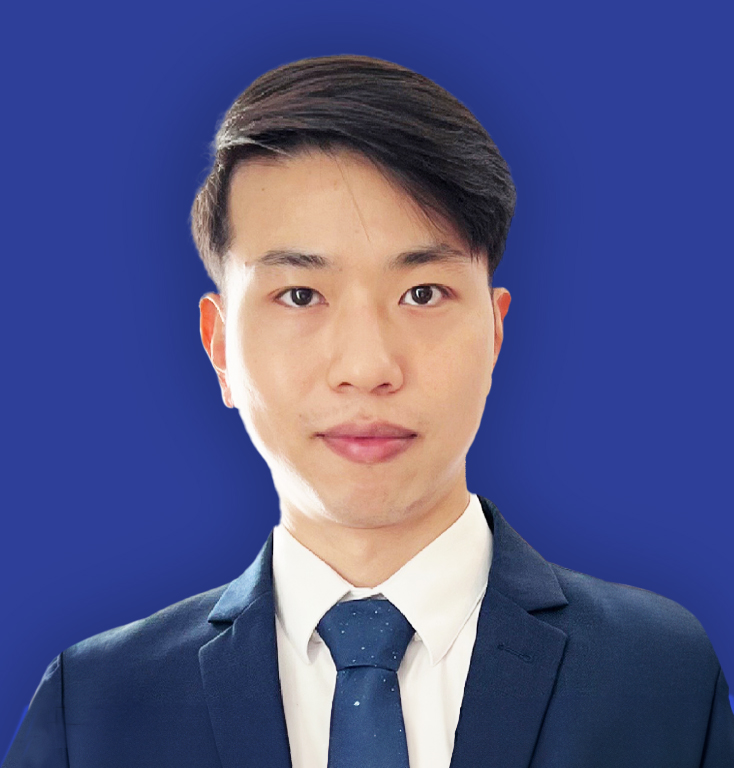
Synchrotron Light Research Institute, Nakhon Ratchasima, Thailand
Dr. Thakonwat Chanwattana is an accelerator physicist at the Synchrotron Light Research Institute (SLRI), where he focuses on the design and development of advanced particle accelerator systems. He earned his DPhil in Accelerator Physics from the John Adams Institute for Accelerator Science, University of Oxford, with expertise in Beam Dynamics—the simulation and analysis of charged particle behavior within accelerators. His work encompasses key components such as linear accelerators (linacs), synchrotrons, and beam transport lines. He has played a central role in upgrading the Siam Photon Source (SPS-I), contributing to the development of Thailand’s next-generation synchrotron, Siam Photon Source II (SPS-II), and advancing proton therapy technology for cancer treatment using synchrotron-based accelerators. Alongside his research, Dr. Thakonwat is committed to public engagement, frequently participating in science outreach programs and educational camps to introduce students to the innovative field of particle accelerator science.
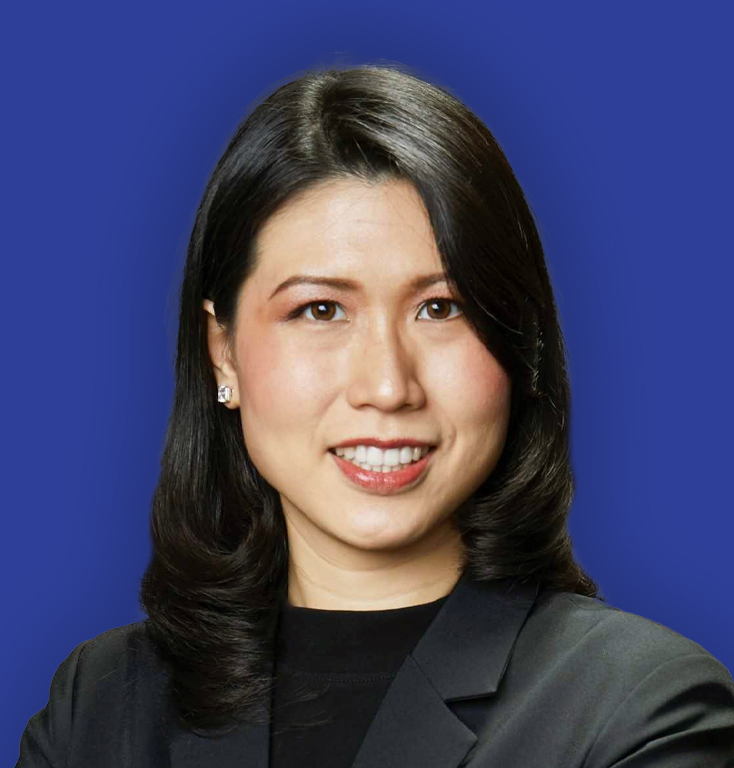
Sasin School of Management, Bangkok, Thailand
Chulalongkorn University, Bangkok, Thailand
Dr. Pinnaree (Pin Pin) Tea-makorn is a lecturer and AI Strategist at Sasin School of Management and a founding member of Sasin’s Data Analytics Center. Her expertise is in computational psychology, artificial intelligence, and data science. She teaches AI & Business to Sasin’s MBA and Executive MBA students, as well as various executive education and corporate programs. Outside of academia, she is the Artificial Intelligence Venture Partner at Vectors Capital and the Research Director at Inter Data Recovery Co., Ltd. Prior to joining Sasin, Dr. Pinnaree interned in and provided technical consulting to startups in Silicon Valley and Thailand, such as Qualcomm, Urban Engines, Ajaib, Edsy, etc. She received her Ph.D., M.S., and B.S. in electrical engineering from Stanford University. She was also awarded the King’s scholarship and gold medal from the International Chemistry Olympiad.

King Mongkut’s University of Technology Thonburi, Bangkok, Thailand
Asst. Prof. Dr. Sirawaj Itthipuripat is a neuroscientist at the Learning Institute, King Mongkut’s University of Technology Thonburi (KMUTT), where he serves as Director of the Neuroscience Center for Research and Innovation. He is also an adjunct scientist at Baycrest Health Sciences in Canada. Specializing in cognitive and computational neuroscience, he was recognized by Forbes Asia as one of the region’s top early-career neuroscientists. His research combines EEG, neuroimaging, brain stimulation, and computational modeling to investigate the neural mechanisms underlying selective attention, learning, and memory. He explores how these brain processes change dynamically across the human lifespan, both in healthy individuals and in populations affected by neurodevelopmental disorders and pathological aging. Dr. Sirawaj also leads collaborative intervention and prevention programs tailored to Thailand’s aging society, working with the WorldWide FINGERS Alzheimer’s Association, as well as the Research Innovation and Sustainability Center, Chulalongkorn University, and Chulabhorn Hospital. He is a planning committee member of the U.S. National Academies of Sciences, Engineering, and Medicine. Dr. Sirawaj holds a BS in Neuroscience and Psychology from Duke University and earned his MS–PhD in Neurosciences from the University of California, San Diego, under the supervision of Prof. Marty Woldorff and Prof. John Serences. He later completed postdoctoral training at Vanderbilt University with Prof. Geoff Woodman before returning to Thailand to assume his current role.

Chulalongkorn University, Bangkok, Thailand
Prof. Dr. Suchana Apple Chavanich is a marine ecologist whose research ranges from tropical coral reefs to polar environments. Her work focuses on the conservation and restoration of marine ecosystems, with particular attention to the impacts of climate change and marine debris. She currently serves as the Project Leader for Coral Reef Conservation in the Western Pacific under the UNESCO/IOC Sub-Commission for the Western Pacific and is Thailand’s Reef Check Coordinator, promoting community-based reef monitoring and conservation through ecologically sound and economically sustainable practices. Prof. Chavanich is also recognized as Thailand’s first female scientist to conduct scientific diving in both Antarctica and the Arctic. Her pioneering expeditions and marine research have inspired Thai youth and the wider public to value and protect ocean ecosystems. In recognition of her contributions, she has received numerous national and international honors, including the ASEAN Biodiversity Heroes Award and the National Geographic Thailand Explorer Award.

National Center for Genetic Engineering and Biotechnology,
Pathum Thani, Thailand
Dr. Nitsara Karoonuthaisiri is a Principal Research Fellow at the National Center for Genetic Engineering and Biotechnology (BIOTEC), where she leads research in microarray technology and its applications in agriculture, food safety, and biotechnology. After completing her PhD at Stanford University, she returned to Thailand with a vision to advance high throughput genomic tools for national development. In 2007, she founded the Microarray Laboratory, which developed the first cDNA microarray for gene expression analysis in the economically important black tiger shrimp (Penaeus monodon), marking a major milestone in Thai aquaculture research. Her team was also among the first in the country to adapt microarray principles for multiplex diagnostics, successfully creating antibody arrays for detecting foodborne and plant pathogens, as well as food contaminants. More recently, her work has expanded to the detection of mycotoxins, leading to the development of a portable microarray-based strip test system capable of identifying five regulated mycotoxins in food products. Dr. Nitsara’s contributions continue to strengthen Thailand’s capacity in biosciences and enhance public health and food security through innovative molecular diagnostics.
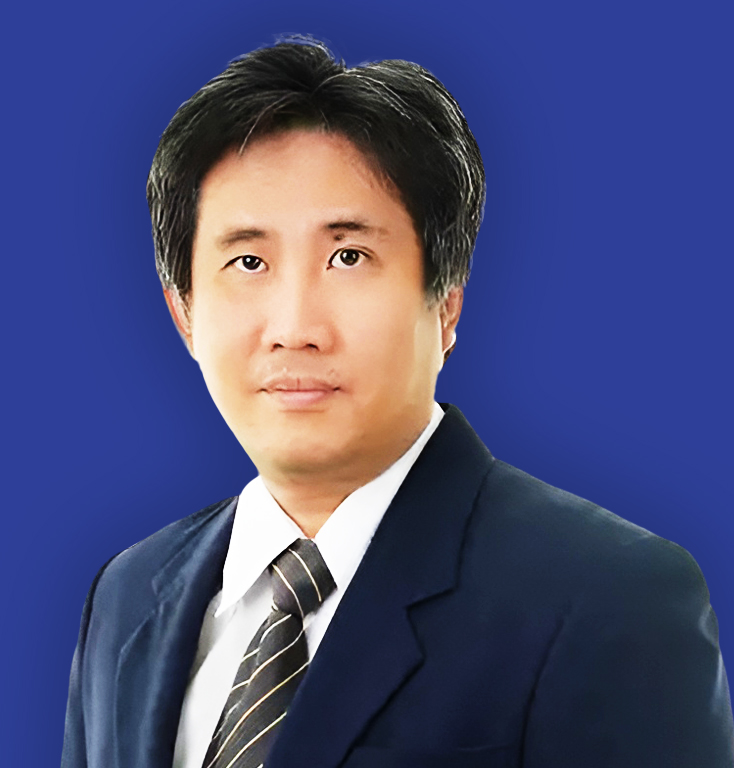
Mahidol University International College (MUIC), Nakhon Pathom, Thailand
Dr. Piti Ongmongkolkul is a lecturer at Mahidol University International College (MUIC) in Nakhon Pathom, Thailand, where he has taught for over a decade. Alongside his academic role, he is the founder of a software company and has launched multiple joint ventures, bridging the gap between theoretical knowledge and practical innovation. Dr. Piti also serves as a consultant for various corporations, applying core principles of mathematics and science to develop effective, real-world solutions. His work exemplifies the integration of academic expertise with entrepreneurial impact, contributing to both education and industry advancement in Thailand.